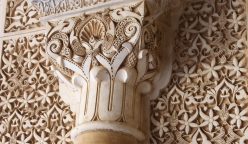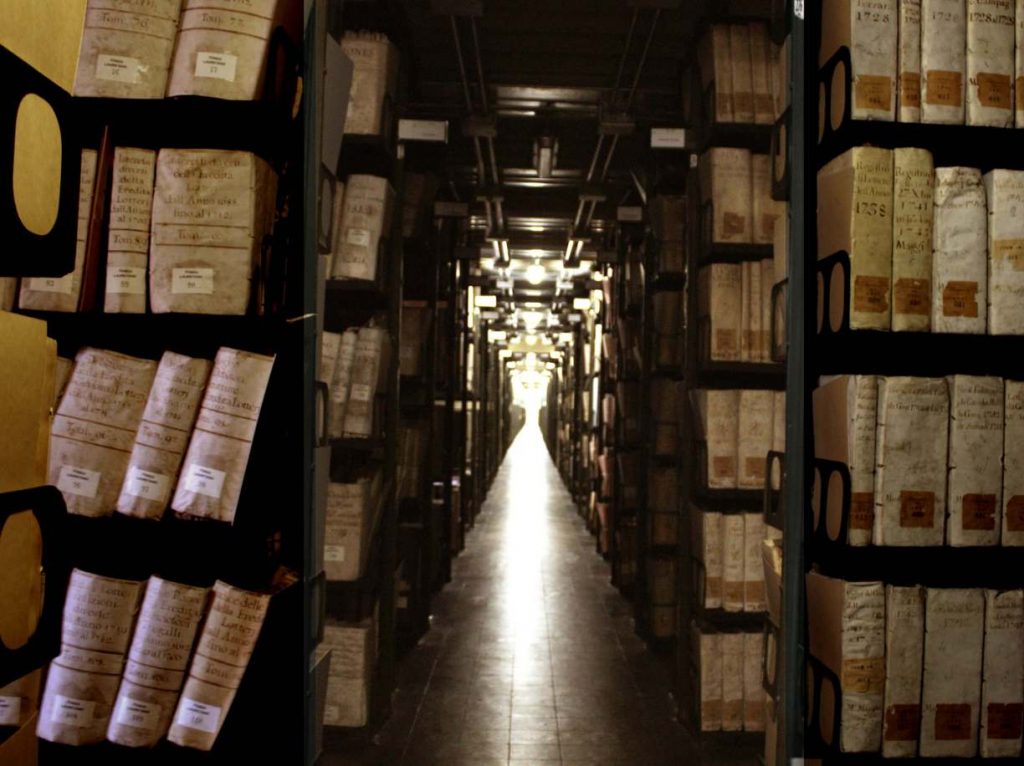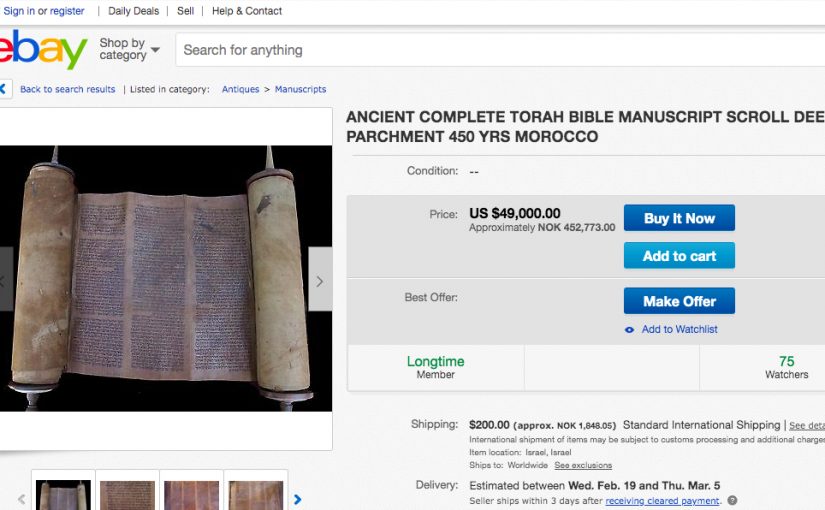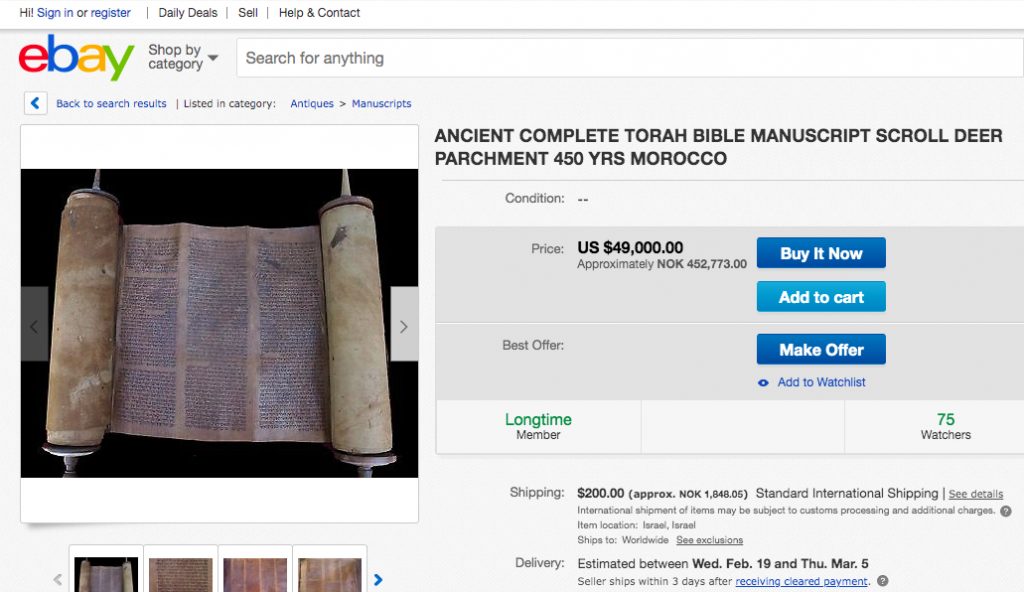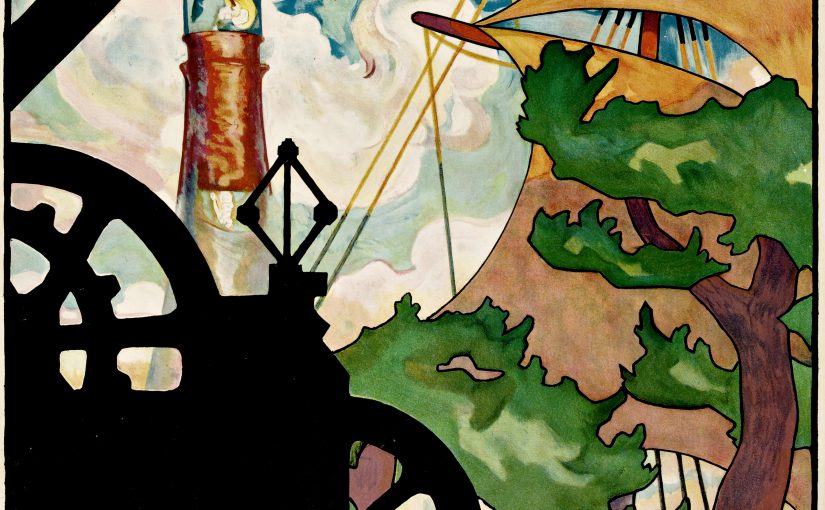This autumn, MOVE continues last spring’s focus on Archives and the Archival Turn—with a particular concern for the networks that made artefacts move across time and space and the structures that decide their current whereabouts.

The first seminar takes place digitally via Zoom (link will be distributed to MOVE members by email):
Tuesday 24 August, 11:30–13:00
Michael Press (Postdoctoral fellow at the University of Agder) will present a paper on Antiquities on the Move in Late Ottoman Palestine
Abstract: The end of the Ottoman period marks the time in which the antiquities trade becomes formalized in Palestine. In this presentation we will look at how the trade worked and how objects circulated in and beyond Palestine’s borders, using a few key examples such as the Ustinow Collection. The presentation will highlight the collaborative nature of the trade, involving networks of collectors, dealers, and associated figures.
Program:
11:30: Welcome and introduction
11:40: Michael Press, Antiquities on the Move in Late Ottoman Palestine
12:10: Short break
12:20: Discussion
13:00: End of meeting
The second meeting takes place
Wednesday 3 November, 15:00–16:00, at Room 405 (MF)
This is a social get together at MF for all members of MOVE. Expect cake and coffee! We also want to discuss the future of MOVE. Where do we go from here?
The final MOVE-event this semester takes place
Friday 10 December, 8:30–15:00
The event is an in-person excursion to the depot of the Museum of Cultural History at Økern. The excursion was supposed to take place in April 2021, but was postponed due to the pandemic. At Økern, we will see, among other things, items from the Ustinov collection.
More information TBA.
